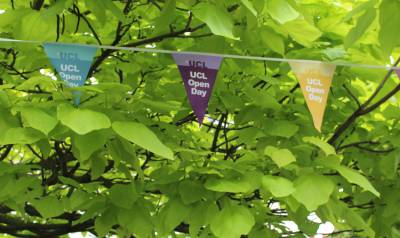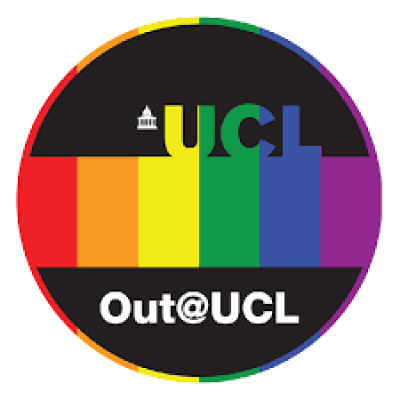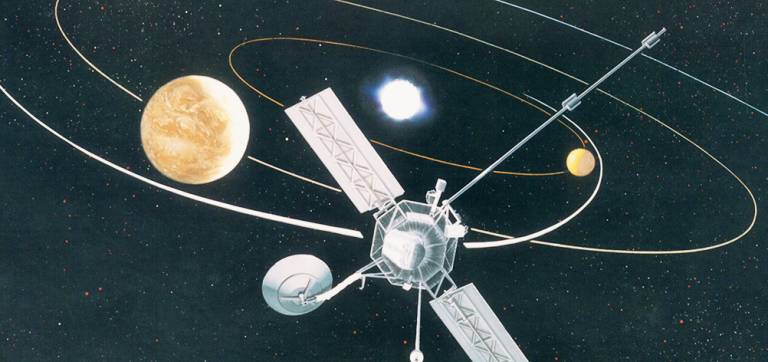Commemorating a forty year ban on biological warfare
31 March 2015
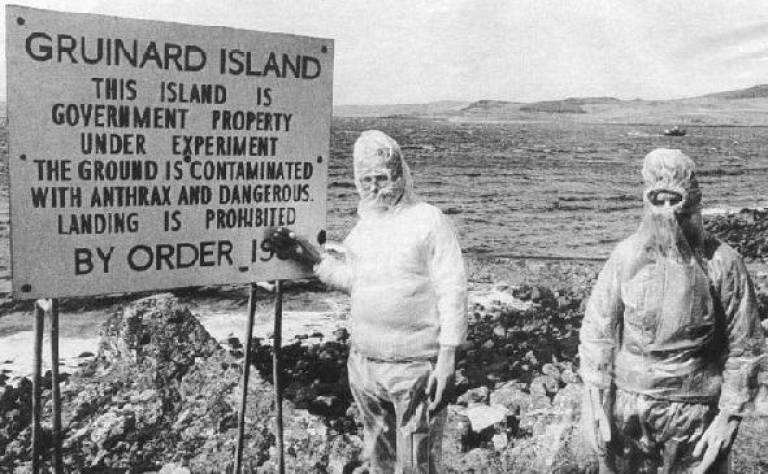
In the Department of Science &
Technology Studies, Brian Balmer, Professor of Science Policy Studies, and Alex
Spelling, Research Associate in Cold War History, are working on a project: 'Understanding Biological Disarmament: The
Historical Context of the Biological Weapons Convention', in conjunction with Dr
Caitriona McLeish (University of Sussex), and the Harvard-Sussex Programme.
The three year project overlaps with the 40th anniversary of the Biological and Toxins Weapons Convention (known as the BWC) entering into force on 26th March 1975. From this date, biological warfare was banned under international law. The anniversary is of particular significance as the BWC has been called the world's first genuine multilateral disarmament treaty: it prohibited an entire class of weapons from development, production and possession, rather than merely limiting or preventing nations acquiring certain weapons or provisions relating to use. Review conferences for members have been held every five years since it entered into force and work continues from Geneva to strengthen and develop its provisions.
On Monday 30th March 2015, the team was invited to a day of activities at the United Nations Palais des Nations, Geneva to mark the 40th anniversary of the entry into force of the treaty. This commemorative event was attended by around 100 people and was held in the Council Chamber, where the Committee of the Conference on Disarmament (CCD) negotiated the BWC from 1969 to 1971.
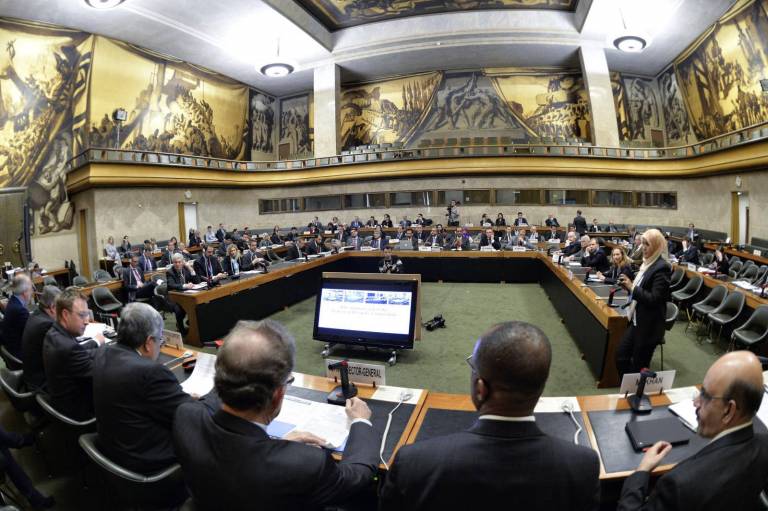
The morning session included remarks by representatives
of the treaty's depositary nations (Russia, UK, USA) and then talks by the
President of the Sixth Review Conference of the treaty. The morning talks
concluded with an address by Dr Caitriona McLeish, 'The 40th
anniversary of the BWC: Remembering the origins of the convention', about the
research the UCL-Sussex project is carrying out on the history of the BWC.
Accompanying the talk was a pamphlet briefing note produced for the invitees by the project team titled, 'Where did the BWC Come From?' In the afternoon, several representatives from civil society groups presented their perspectives on the future of the convention.
The UCL-Sussex 'Understanding Biological Disarmament project' draws on archival work and oral history and aims to place the origins of the BWC in its broad historical context. It is funded by the UK Arts and Humanities Research Council (AHRC) and runs from September 2013 to August 2016.
Photos
Top: Gruinard Island, site of UK biological weapons experiments in the 1940s. Crown Copyright
Bottom: Participants in the UN Palais des Nations. UN Photo by Jean-Marc Ferré
Related links
- Understanding Biological Disarmament
- Science Policy Research Unit - University of Sussex
- Harvard-Sussex Programme
- Biological & Toxin Weapons Convention
- 40th anniversary of the BWC
- Photos of the event on Flickr
- Guardian Science blog article
 Close
Close


